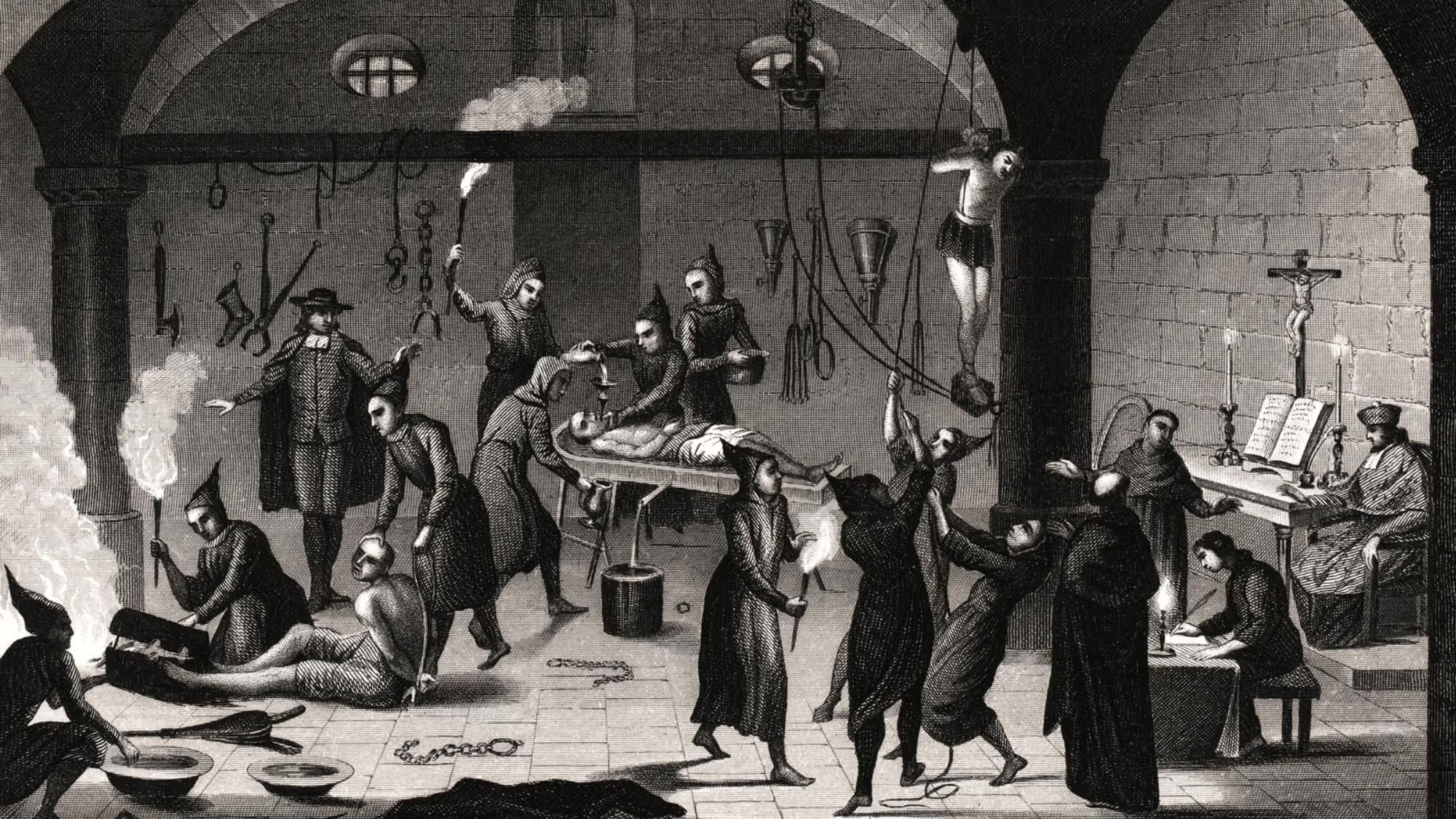
Freemasonry has existed in Africa for centuries, shaping communities and influencing leadership across various nations. However, despite its long history, Freemasonry in African society remains a subject of intrigue, misunderstanding, and speculation. Many people view it with skepticism, associating it with secrecy, conspiracy theories, and unfounded myths. In reality, Freemasonry is a global fraternity rooted in principles of integrity, brotherhood, and charity.
In this article, we will explore the real contributions of Freemasonry to African society while debunking common myths that have clouded its image. By separating fact from fiction, we can better understand the role of Freemasonry in shaping communities, promoting philanthropy, and fostering ethical leadership.
One of the most persistent myths surrounding Freemasonry is that it is a secret society with hidden agendas, influencing governments and businesses behind the scenes. Many believe that Freemasons operate in secrecy, conducting rituals with mystical or sinister intentions.
Reality:
Freemasonry is not a secret society, but rather a society with certain private traditions. The fraternity is open about its existence, values, and contributions to society. While Masonic meetings are held in private, this is no different from how other organizations, such as religious or professional groups, conduct their internal affairs. Freemasonry promotes ethical conduct, self-improvement, and community service, and there is no evidence of any hidden political or economic agendas.
In Africa, Freemasons actively engage with the public through charitable projects, scholarship programs, and educational initiatives. Lodges across the continent contribute to hospitals, schools, and disaster relief efforts, emphasizing transparency in their community outreach programs.
Another widespread misconception is that Freemasonry is a religious cult that conflicts with traditional African spiritual beliefs and major world religions like Christianity and Islam. Some claim that joining Freemasonry requires abandoning one’s faith or worshiping a different deity.
Reality:
Freemasonry is not a religion, nor does it replace or contradict religious beliefs. Instead, it encourages members to uphold moral values and personal faith while respecting all religious traditions. Freemasonry accepts individuals from different religious backgrounds, emphasizing unity and tolerance.
Many African Freemasons are devout Christians, Muslims, and practitioners of indigenous faiths. The fraternity does not dictate religious beliefs but rather supports members in living ethical and honorable lives. In fact, a belief in a Supreme Being (referred to as the “Great Architect of the Universe”) is a fundamental requirement for membership, demonstrating that Freemasonry acknowledges spirituality rather than promoting any particular doctrine.
A common perception is that all Freemasons are wealthy, powerful individuals who manipulate politics, business, and social institutions to serve their interests. This belief fuels conspiracy theories that suggest Freemasonry is an exclusive club for the rich and influential.
Reality:
Freemasonry is open to men from all walks of life, regardless of financial status or social position. While some prominent leaders and business figures have been Freemasons, the fraternity is not reserved for the elite. Many members come from ordinary backgrounds, including teachers, doctors, artisans, and civil servants.
The core mission of Freemasonry is personal development, philanthropy, and service to the community. Many lodges in Africa focus on education, healthcare, and poverty alleviation, proving that the fraternity’s primary aim is social progress rather than economic control.
Some critics argue that Freemasonry is a Western import that contradicts African traditions, values, and communal structures. This view sees Freemasonry as foreign to African society, rather than an organization that aligns with local customs.
Reality:
While modern Freemasonry has European origins, its core principles of brotherhood, service, and moral integrity align with many African traditions. African societies have long embraced communal leadership, mutual aid, and mentorship—values that resonate deeply with Masonic teachings.
Many African leaders, scholars, and activists have been Freemasons, integrating the fraternity’s principles with African cultural values. Masonic lodges in Africa incorporate local traditions and languages, demonstrating that Freemasonry is adaptable and complementary to African heritage rather than opposed to it.
Beyond the myths, Freemasonry has made significant contributions to African society in various ways:
Freemasonry is one of the world’s largest charitable organizations, and this extends to Africa. Lodges contribute to hospitals, schools, disaster relief efforts, and poverty alleviation projects. Many African Masonic lodges run scholarship programs that help disadvantaged students access quality education.
Throughout history, many African leaders have been Freemasons, embodying the values of honesty, responsibility, and service. Leaders like Kwame Nkrumah, Jomo Kenyatta, and John Kufuor have upheld Masonic ideals of justice, unity, and national development.
Freemasonry encourages ethical leadership by teaching members to act with integrity and serve their communities, which has influenced governance and public service across Africa.
Freemasonry has long emphasized the importance of education and intellectual growth. Many lodges fund schools, libraries, and scholarship programs, ensuring that knowledge remains accessible to future generations.
In several African countries, Masonic organizations have partnered with academic institutions to promote literacy, vocational training, and leadership development.
Freemasonry fosters a sense of brotherhood and community, bringing people together regardless of their background. In a continent as diverse as Africa, where ethnic and political divisions often cause conflict, the Masonic principles of unity and respect promote social cohesion.
Through mentorship programs, business networking, and community service, Freemasonry helps individuals grow personally while positively impacting their societies.
Freemasonry in African society is often misunderstood, with myths and misconceptions clouding its true nature. While secrecy, conspiracy theories, and religious conflicts are commonly associated with the fraternity, the reality is far different. Freemasonry is a brotherhood that promotes ethical living, charitable giving, and personal growth.
Through philanthropy, leadership, education, and community development, African Freemasons have played an essential role in shaping their societies. By dispelling the myths and understanding the fraternity’s real contributions, we can appreciate its positive influence on the continent.
Would you like to learn more about Freemasonry’s impact in specific African countries or its historical development across the continent?